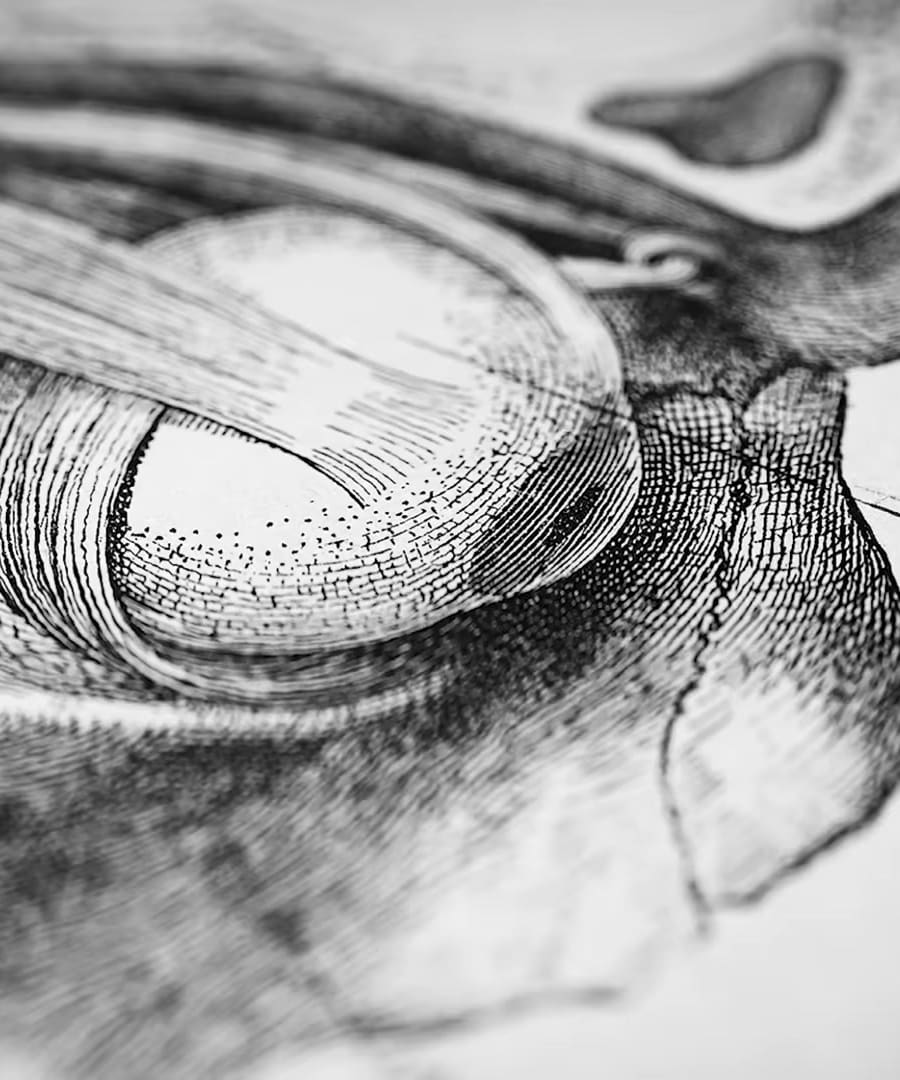studying and learning
Sources:
Here are some key insights from on studying and learning:
-
Testing as a Learning Tool:
- Testing oneself shortly after being exposed to new material enhances retention and offsets forgetting. This active engagement helps consolidate information in the brain far more effectively than passive review methods 1.
-
Importance of Sleep:
- Deep sleep, especially REM sleep, is crucial for consolidating the neural connections formed during learning. Prioritizing good sleep, particularly on the first night after learning something new, significantly improves memory retention 2.
-
Active Learning Techniques:
- Engage actively with the material by focusing intensely, even using methods like silently telling yourself the information is important. This active engagement releases neuromodulators like adrenaline, which cue the brain to adapt and enhance learning capacities 3.
-
Effort and Focus:
- Learning requires effort, and experiences of strain or difficulty during study signal that the brain is engaging in neuroplasticity. Simple mindfulness exercises, such as focusing on breathing, can also enhance your ability to concentrate on study material 4.
-
Effective Study Strategies:
-
Offsetting Forgetting:
- Structuring study sessions with the aim of counteracting the natural process of forgetting is crucial. This involves revising material in a way that promotes retention over time, using strategies from neuroscience and psychology research to optimize learning 7.
By incorporating these methods, you can significantly enhance your ability to study and retain new information.
RELATED QUESTIONS-
studying and learning
- RELATED QUESTIONS






